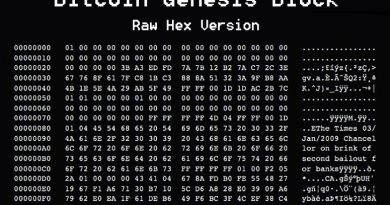What are Utility Tokens?
What are Utility Tokens?
Utility tokens (also referred to as utility tokens or usage tokens) are a type of cryptocurrency or digital token used to access specific products, services, or features within a particular blockchain ecosystem. Essentially, utility tokens represent the right to use the services or resources of a particular project or network.
Here are some features and functions of Utility Tokens:
- Access to products or servicesUtility tokens are often used as a means of payment to access certain functions, platforms, products or services offered within the respective blockchain project. Examples include the purchase of digital goods, the use of decentralized applications (DApps) or access to certain functions within a network.
- Governance Function: In some cases, utility tokens can also be used to participate in governance decisions within the network. Token holders may have the right to vote on improvement proposals, protocol changes, or votes that affect the future of the project.
- Discounts and rewards: Another use case of Utility Tokens is to offer discounts or rewards for using the services or purchasing products within the network. Through the use of Utility Tokens, users can receive discounts or special access rights.
- Scarcity and supply-demand relationship: The scarcity of Utility Tokens can have an impact on their value. If the demand for a certain Utility Token increases while the supply is limited, this can lead to an increase in the value of the token.
It is important to note that Utility Tokens should not be considered as an investment opportunity where an increase in value is expected. Their main purpose is to act as a means of payment for certain services or products within the network. Before investing in or using Utility Tokens, you should conduct thorough research to understand the underlying project, token functionality, terms and legal structure.





